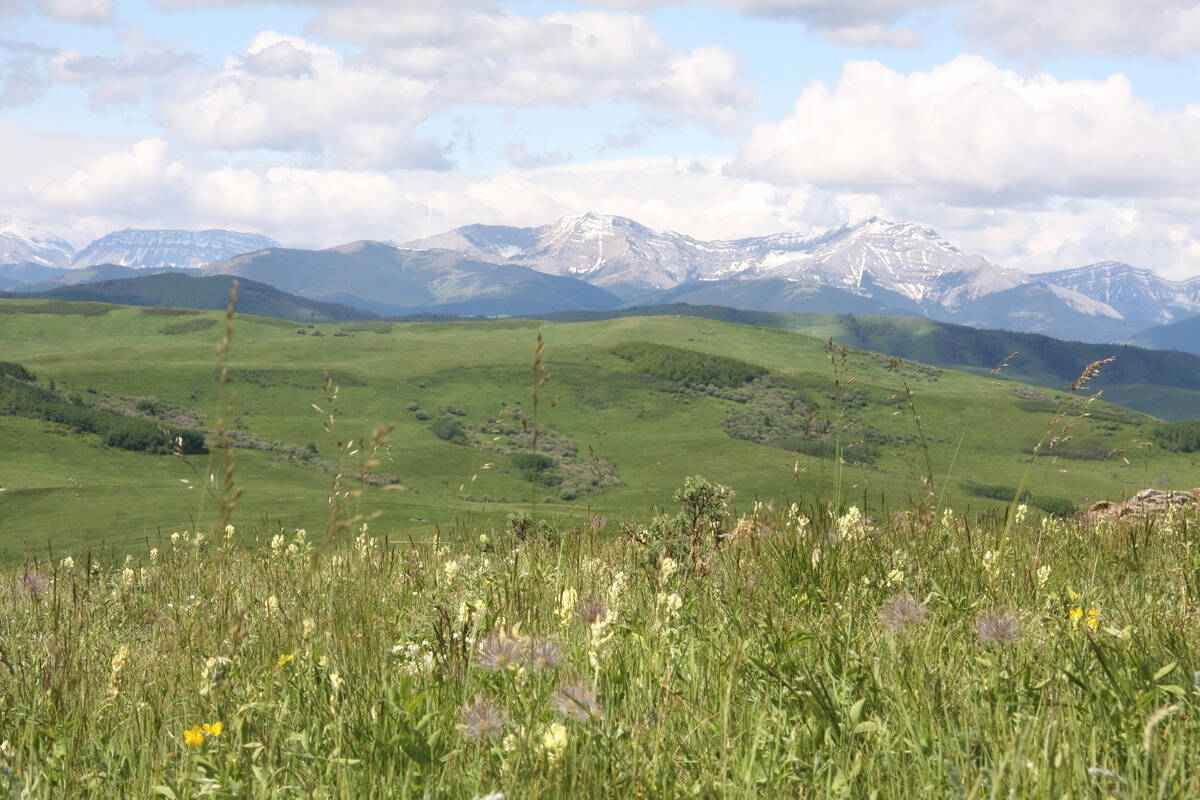The Supreme Court of Canada will decide whether game farmers can sue the Saskatchewan government for negligence in the wake of outbreaks of chronic wasting disease in the 1990s.
Maidstone farmer Roger Holland said changes in a government CWD surveillance program forced him and others to lose hundreds of thousands of dollars because they were unable to sell their animals.
He said elk and deer farmers were asked to sign documents that absolved the government of liability or risk lowering their herd status certification, which verified that CWD was not present in their herds for a specific period of time.
Read Also

Selenium not deal breaker in coal mining: expert
Environmental scientist weighs in on coal mining debates in Western Canada, explaining selenium and the technologies and practices to lower its concentrations in nearby waterways to coal mining operations
Holland was one of 200 farmers who refused to sign, feeling it absolved governments of responsibility in the wake of CWD outbreaks in farmed herds.
That cost him about $250,000 and led to broken marriages and abandoned farms for others, he said.
Today he keeps only a few animals on his grain farm for pets, having given many away.
“I couldn’t sell them no place,” Holland said.
He is optimistic that the judgment expected to be rendered in the new year will favour the farmers who are seeking accountability and justice.
Reynold Robertson, one of three lawyers representing the farmers, said the Supreme Court’s decision to hear the case means it has significance for the country.
“It’s important farmers and citizens as a whole and governments understand what the duty of care is towards individuals when governments pass legislation and regulations and what are government’s responsibilities to individuals as opposed to the public as a whole,” he said.
The case centres on whether the government breached its duty of care to these farmers, he added.
It passed legislation and set up surveillance programs to try to control the transmission of the disease and provided farmers free of the disease in their herds with certificates of status, which helped them market animals.
By 2003, Robertson said, the provincial government was insisting producers sign forms with indemnities and releases or risk having their status lowered.
“A lot of farmers were upset with that and felt they shouldn’t have to insure government for (government’s) negligence,” he said. “If the government screwed up, then the farmer was without a remedy.”
A subsequent court ruling in Saskatchewan found the government acted without authorization and should have restored herd status or paid compensation to the producers.
Holland said the case might have ended there.
“If the minister would have done that, there would have been hardly any damages to nobody,” he said.
Instead, government largely ignored the ruling, prompting the 200 farmers to launch a class action suit claiming the government was negligent, guilty of intimidation and of not acting in good faith.
The courts later dismissed this claim and the farmers took their case to the Supreme Court. On Aug. 30, it granted them leave to appeal.
A positive Supreme Court ruling next year would allow farmers to return to court in Saskatchewan to pursue compensation for their losses.














